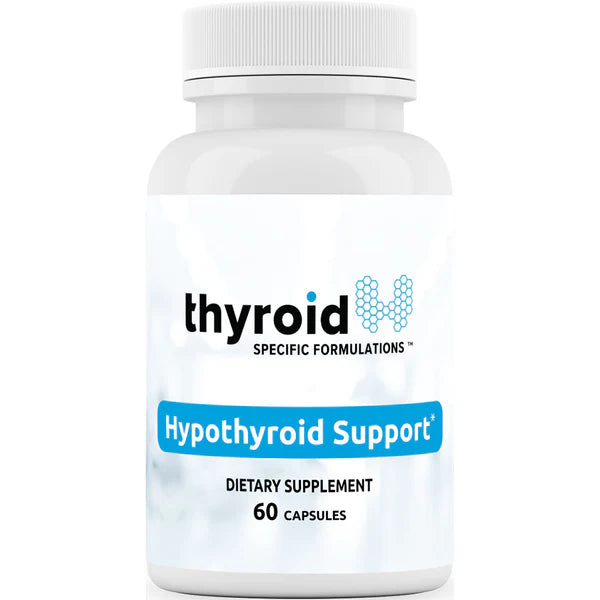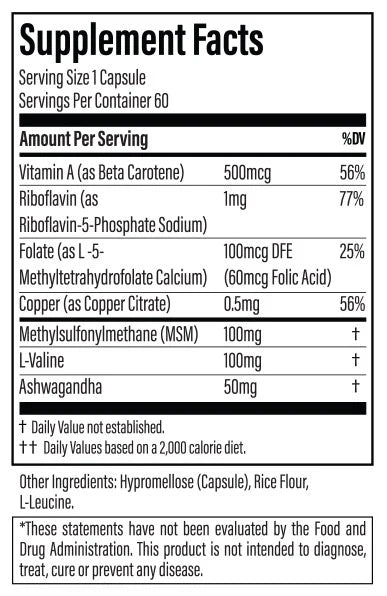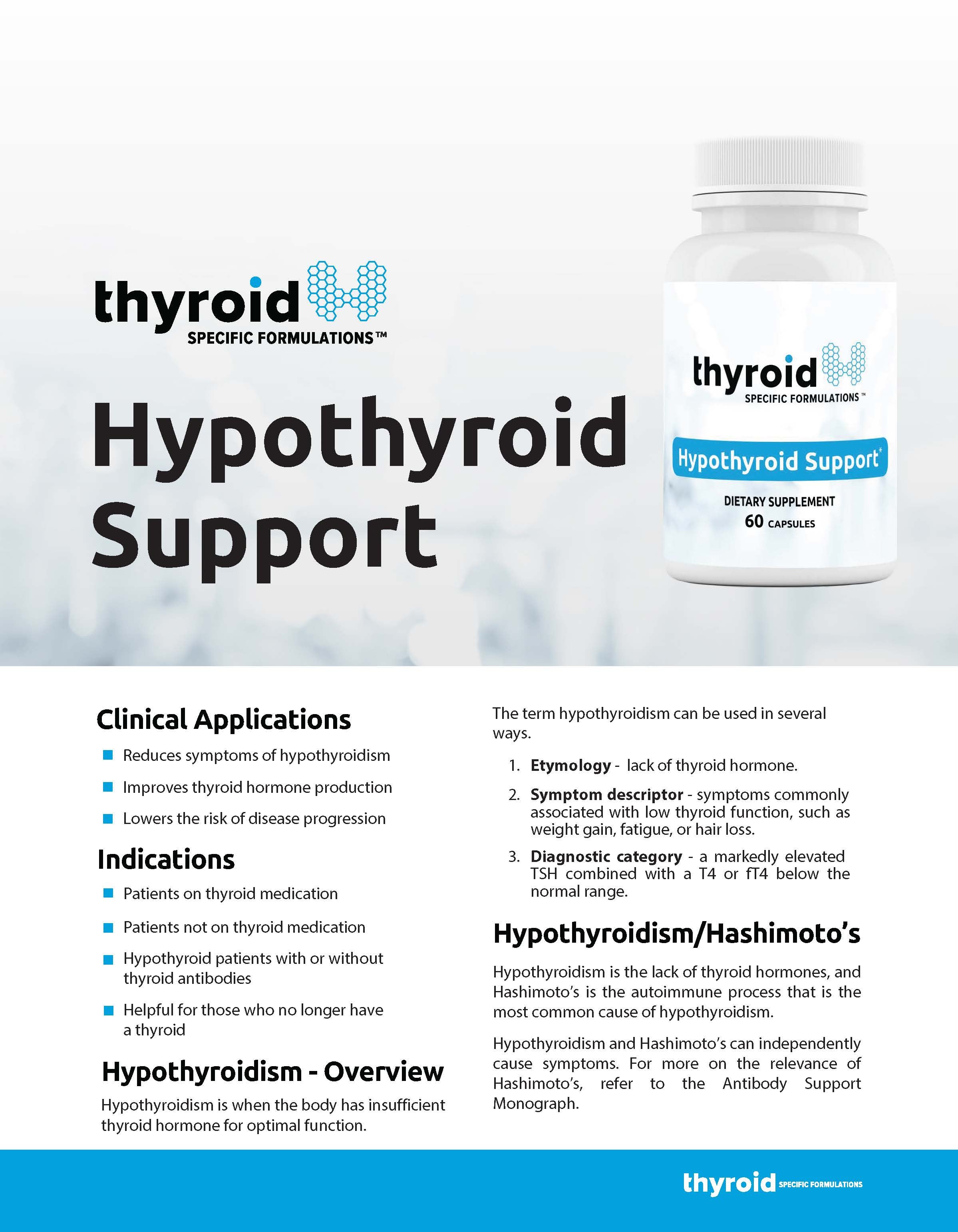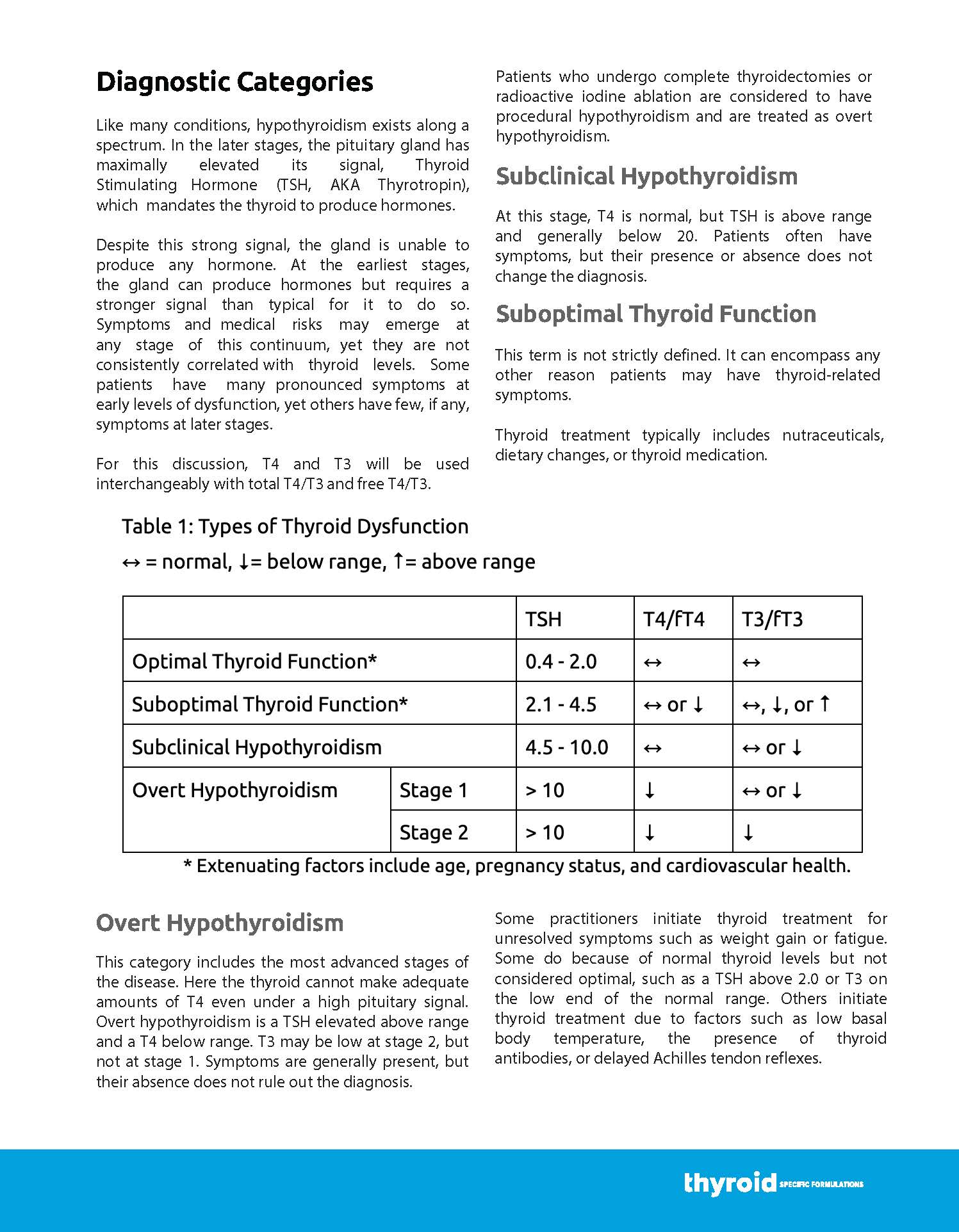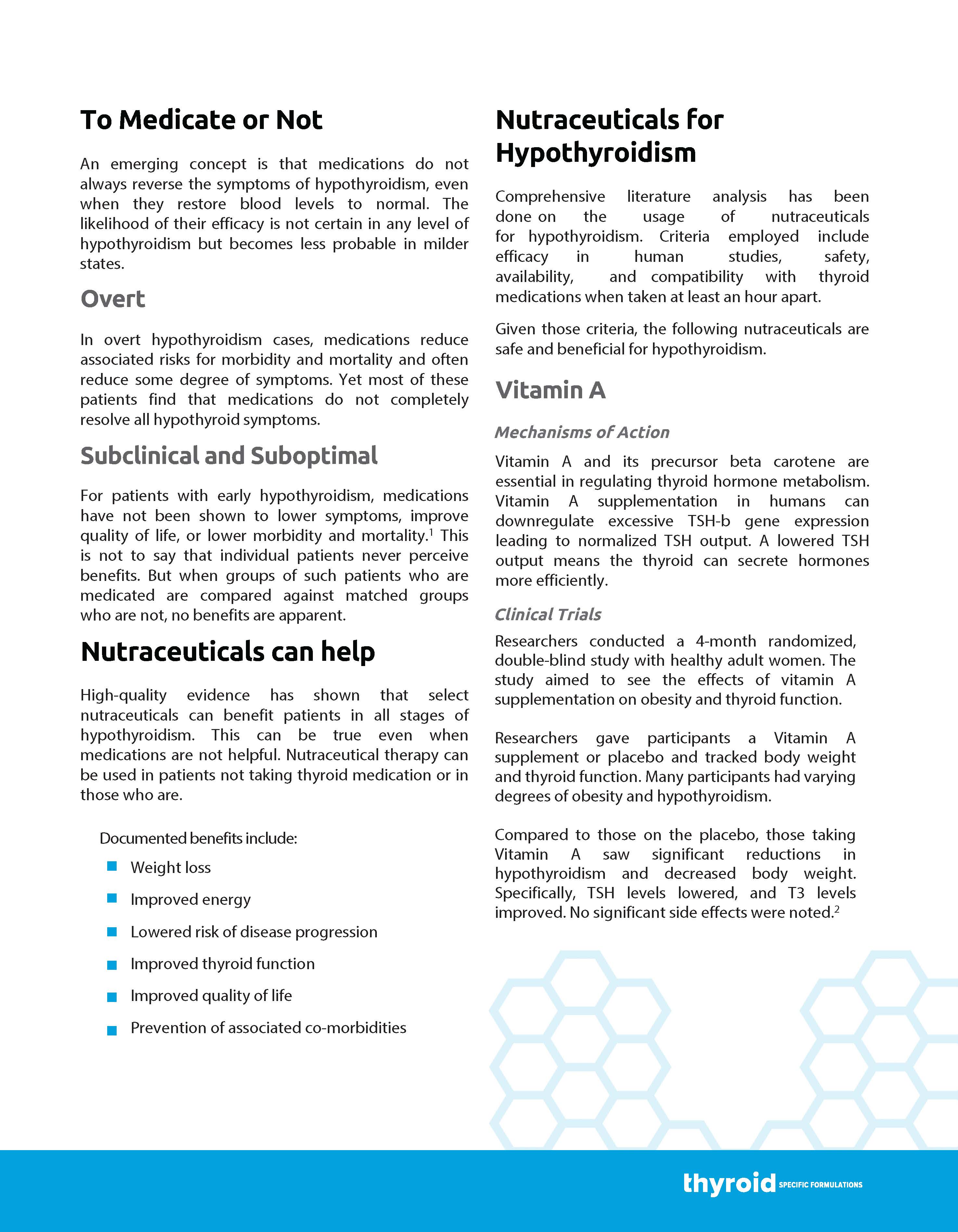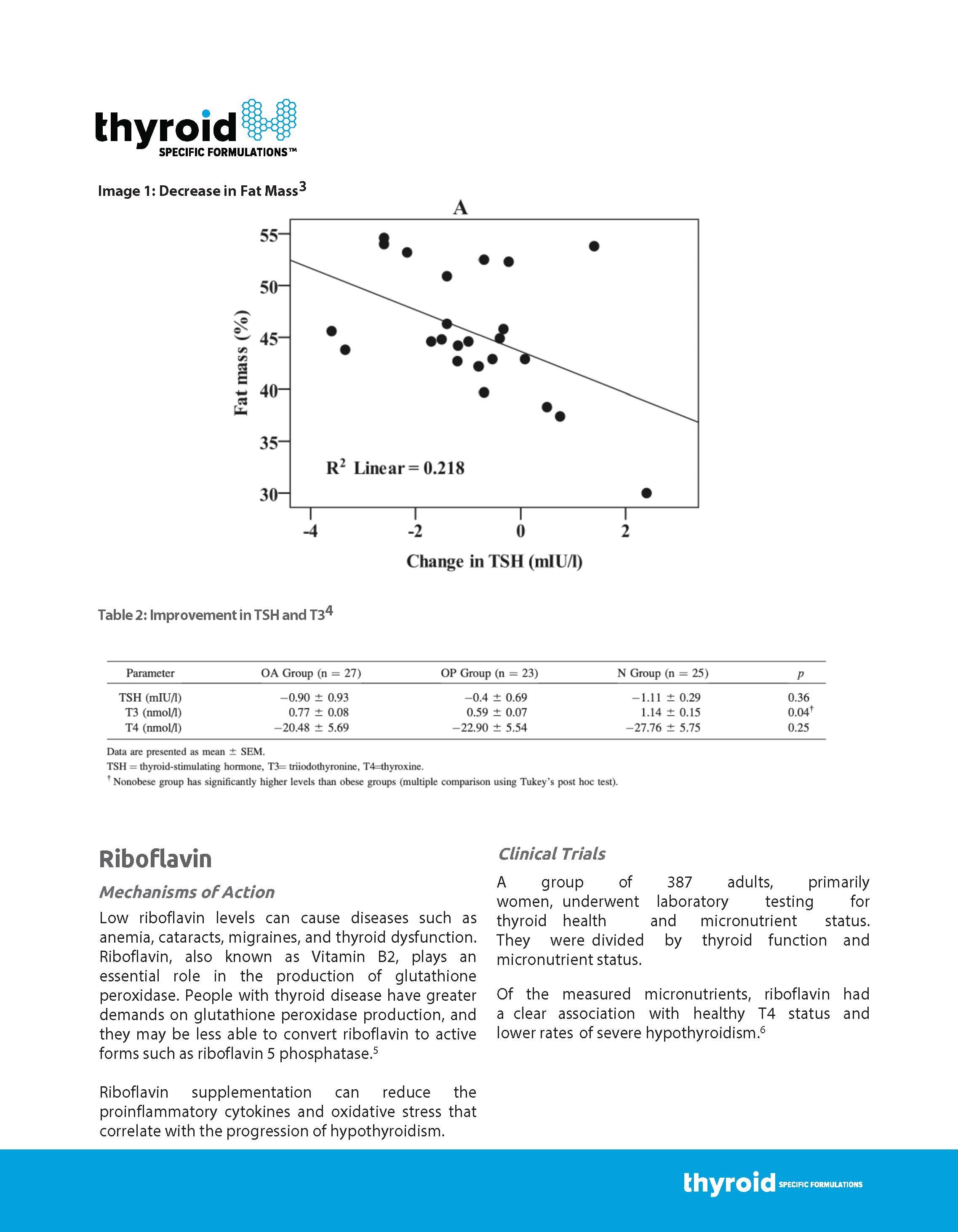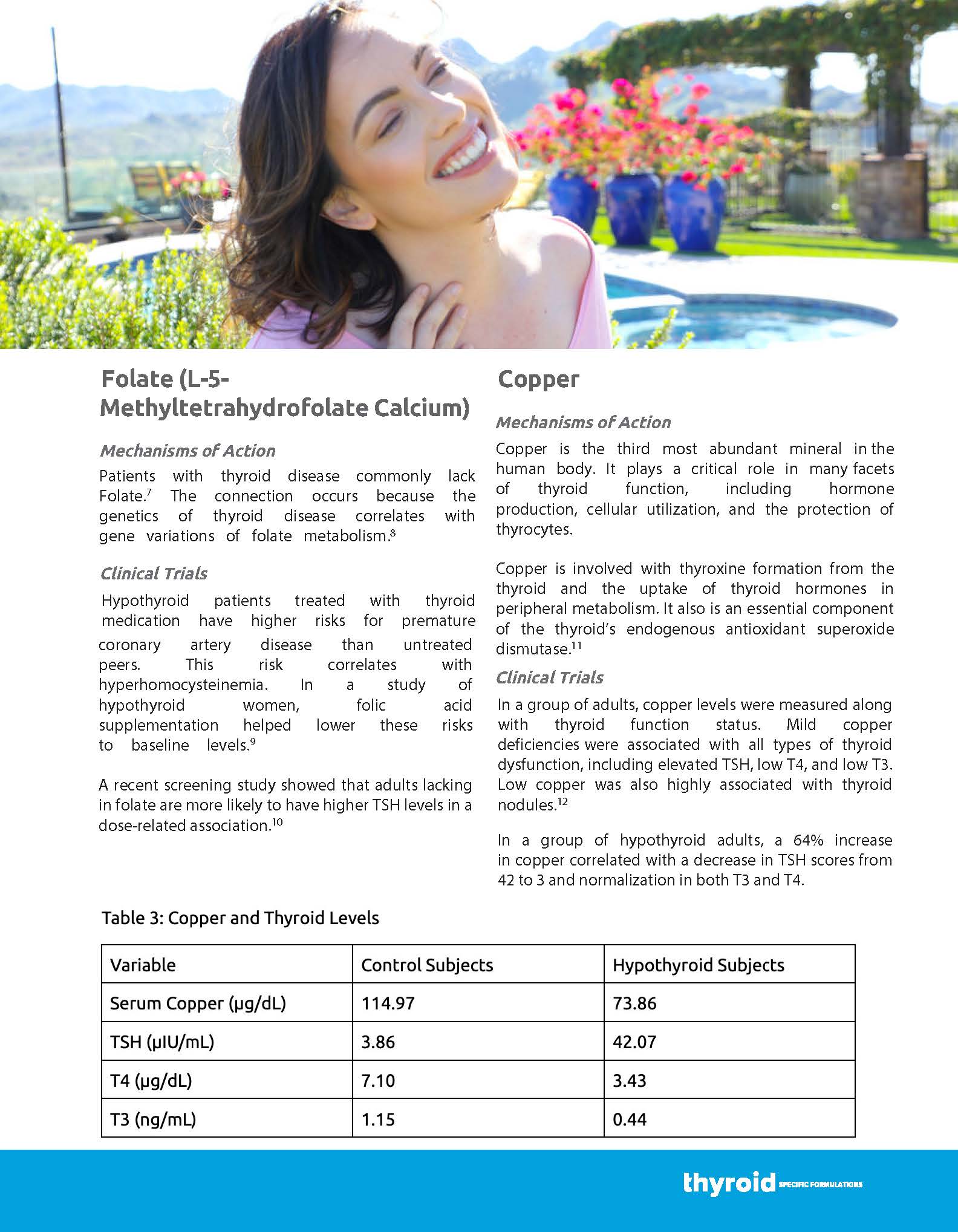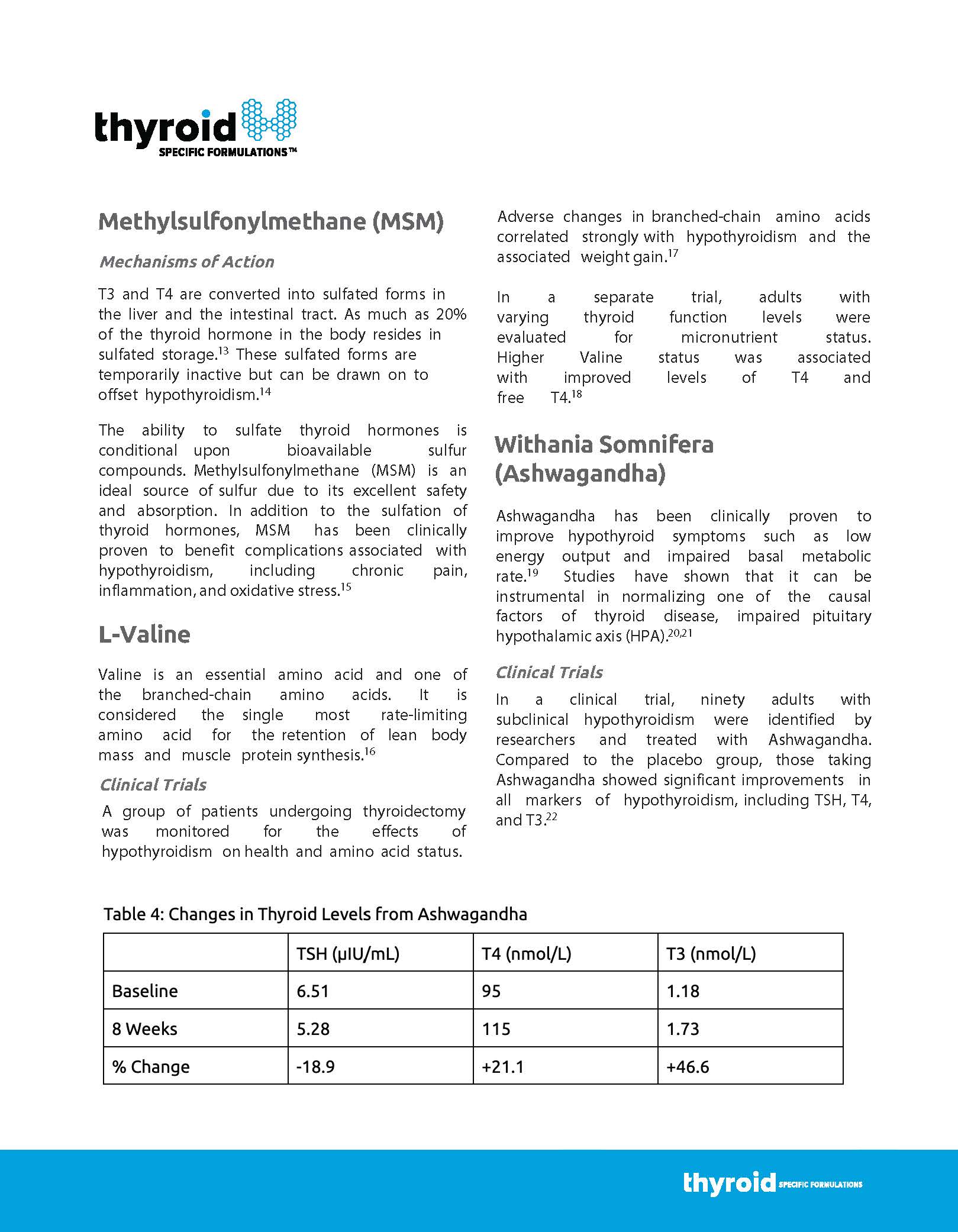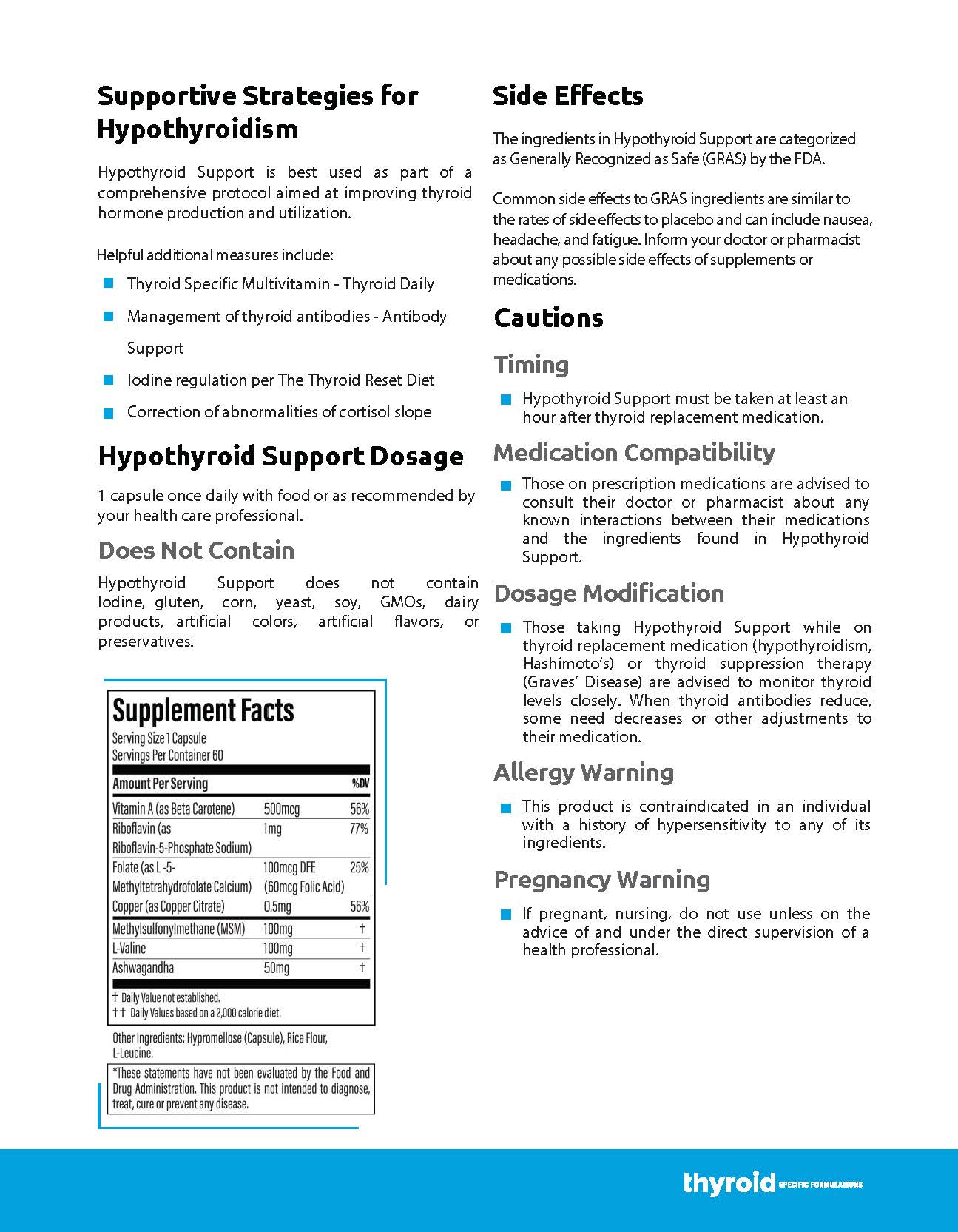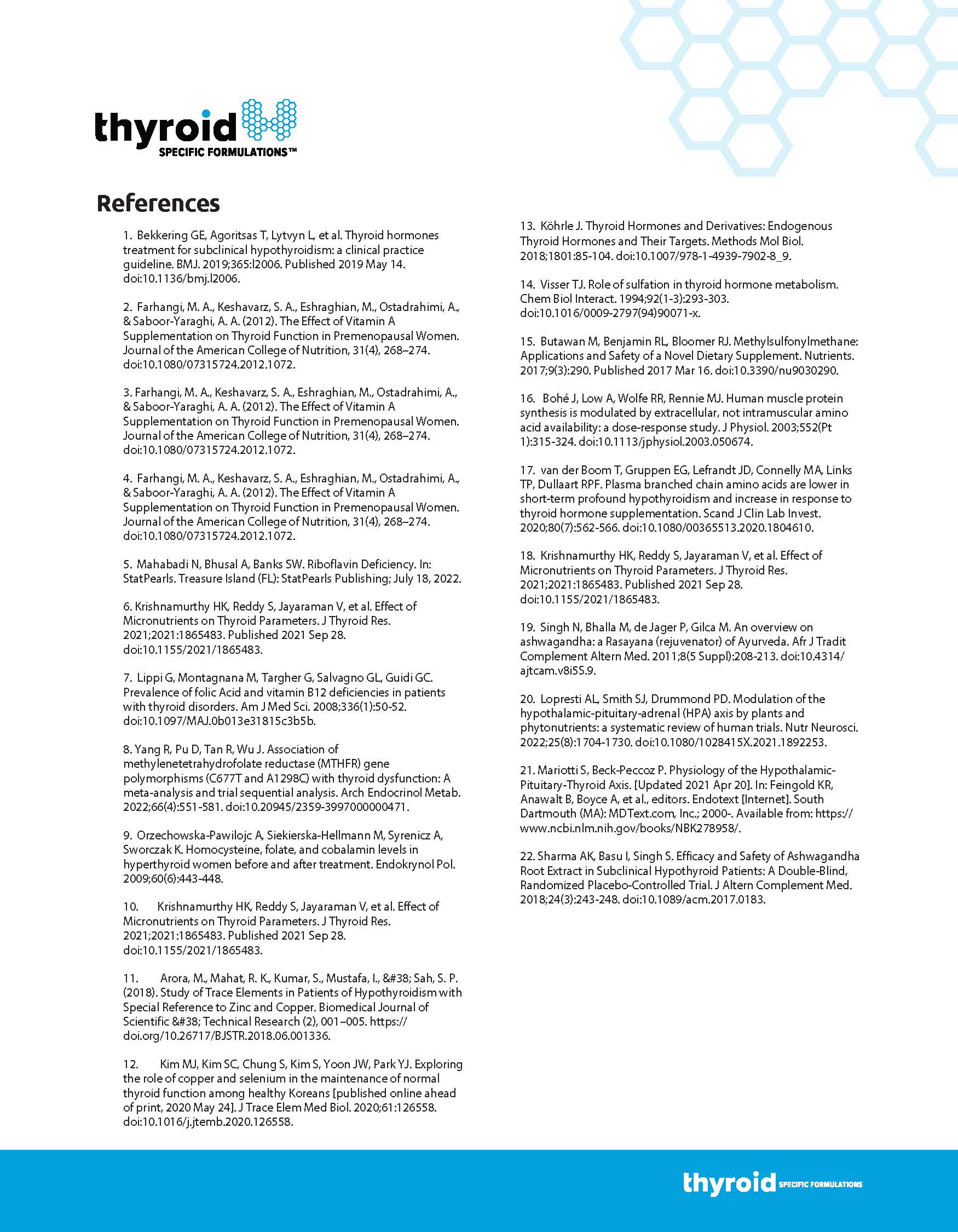I took the calcium magnesium supplement for three months . Then I got my blood work done. My calcium went up from 8.7 to 9. Yes, this supplement helped me raise my calcium levels.
The scooper that you use for the resistant starch is too short. I have large hands and cannot get down far enough once it starts getting emptied. I replaced it with a longer handled one and that works fine. Just a suggestion.
The scooper that you put into the small resistant starch bottle needs a longer handle. I have big hands and cannot reach to the bottom once it starts getting more empty. I replaced it with my own longer handled scooper and it is much better. Just a suggestion.

